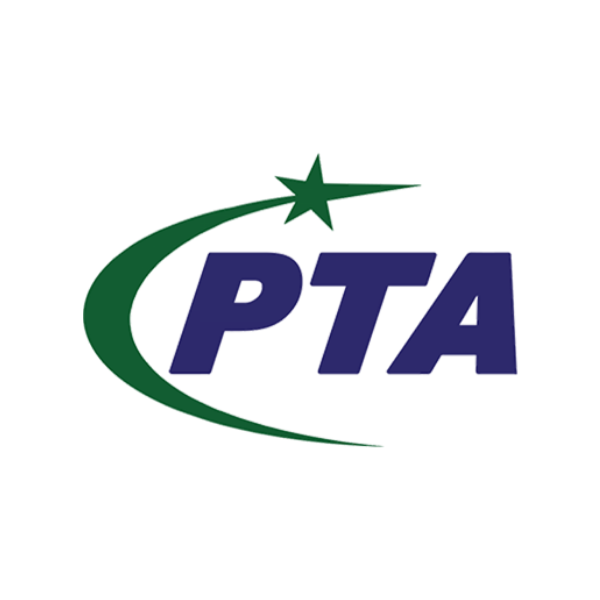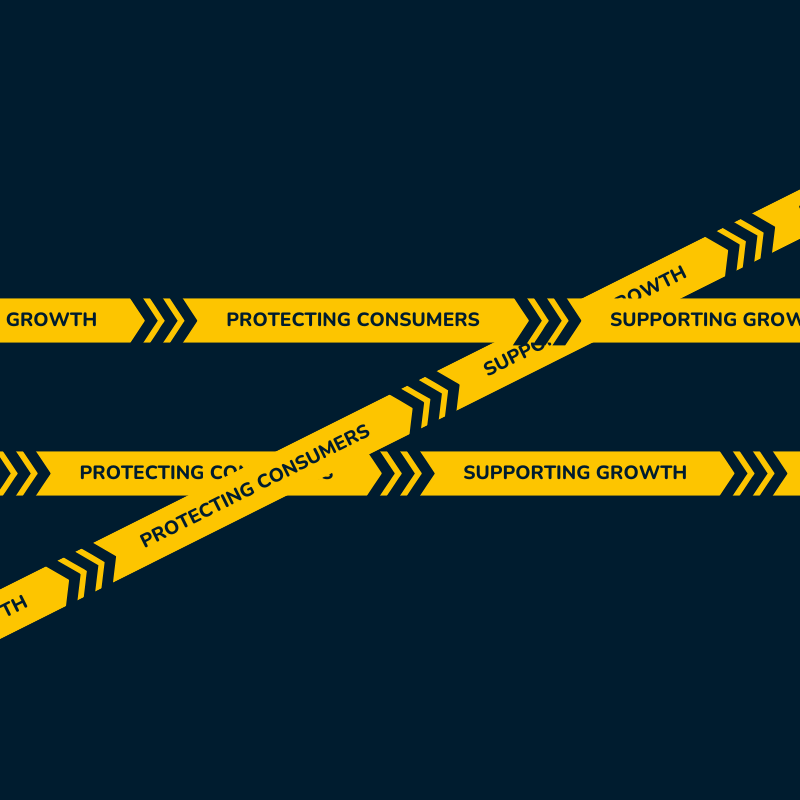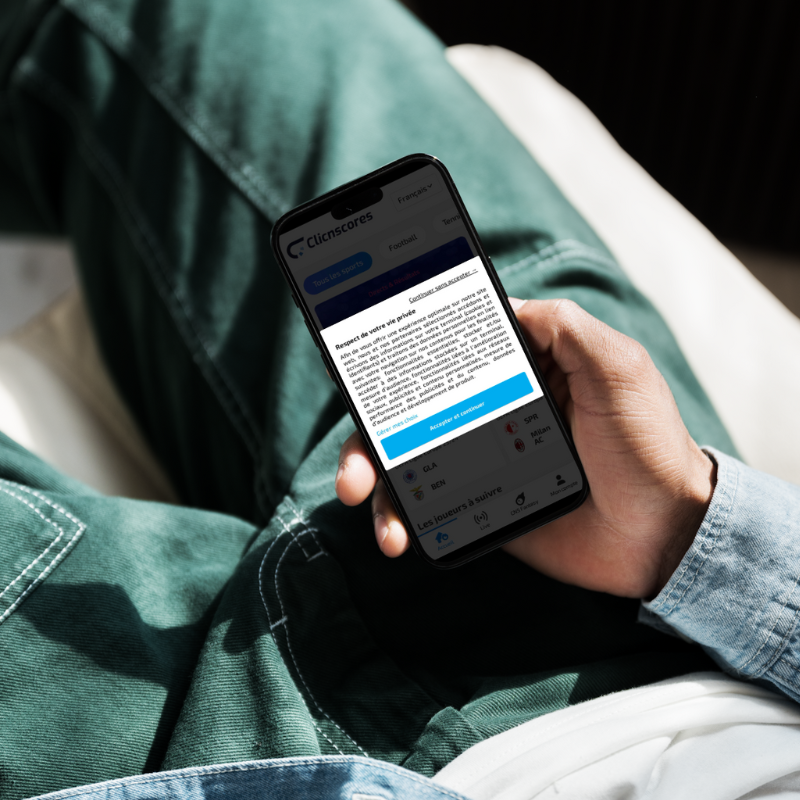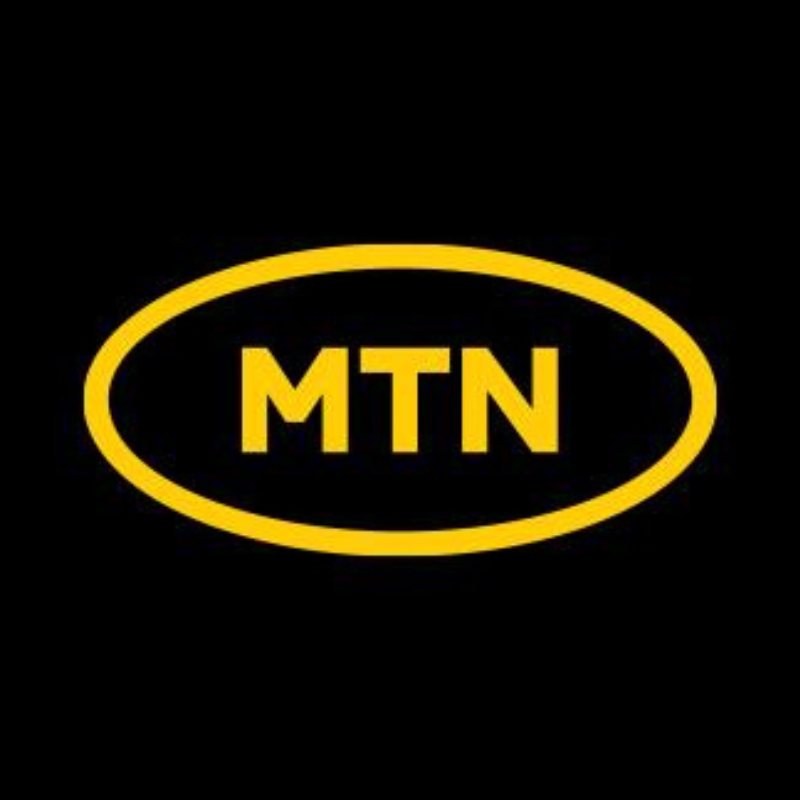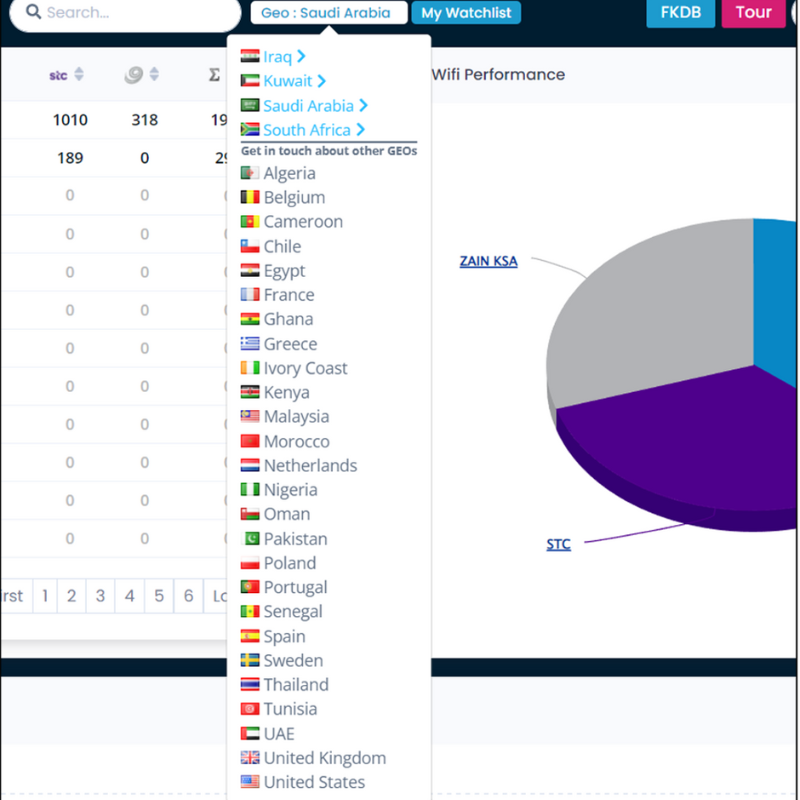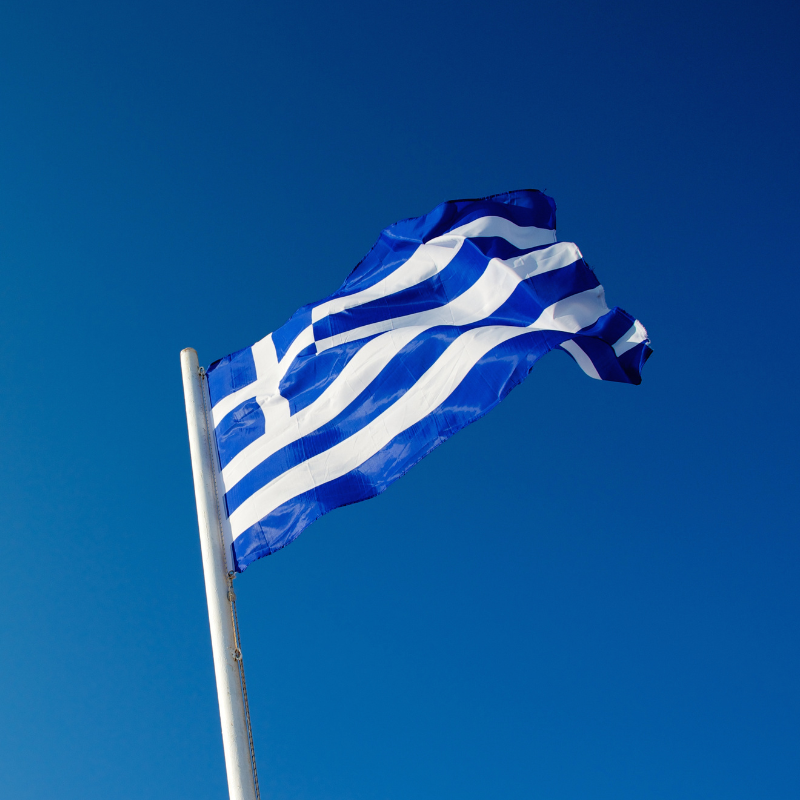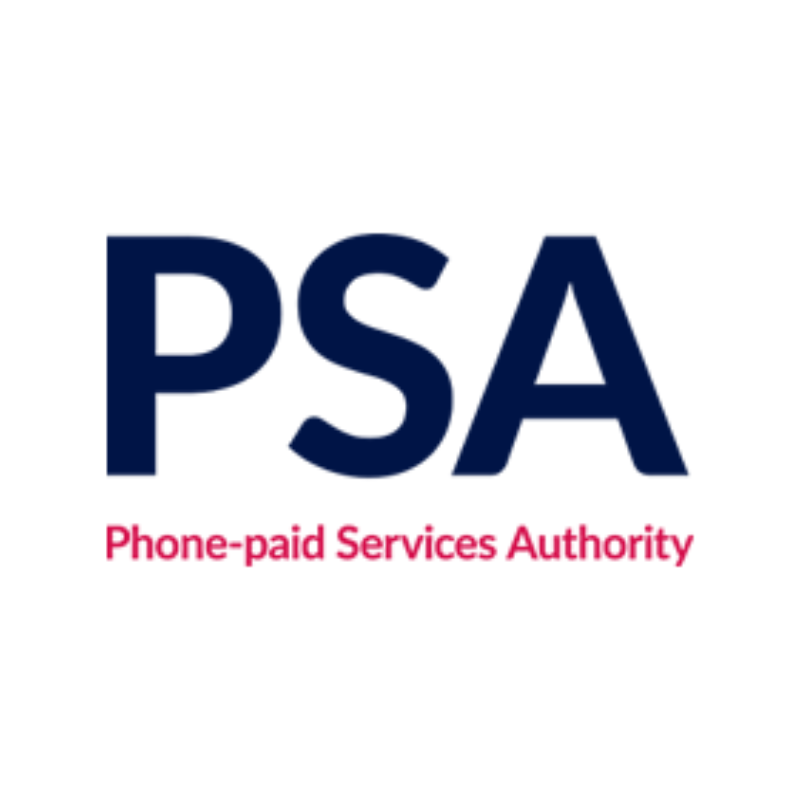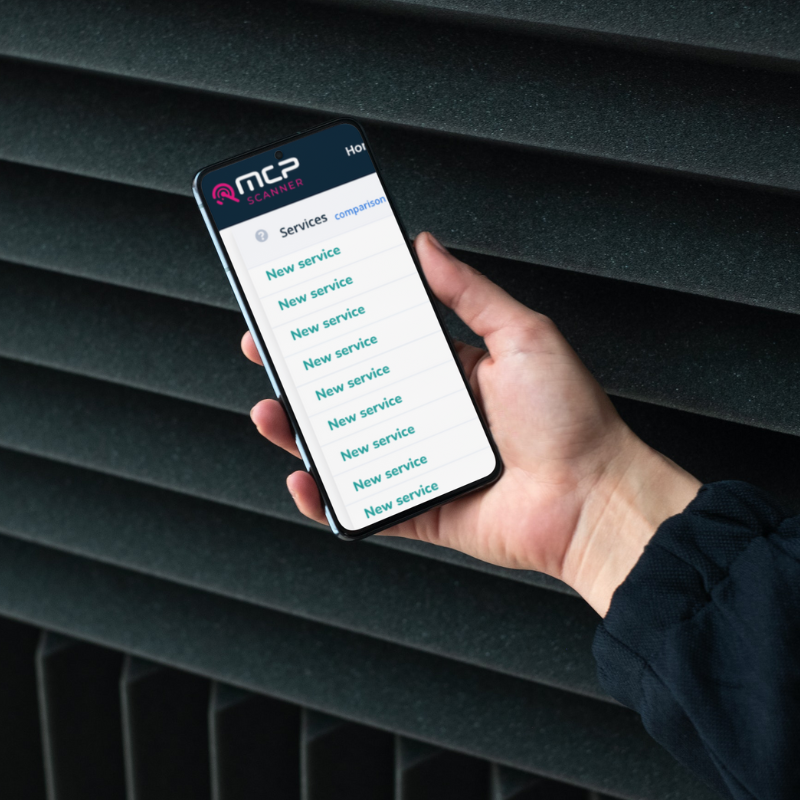So, the UEFA European Championship (aka the Euros) is over for another four years. But while the sporting action might be over, the impact of these major events can linger, especially for consumers who’ve been exploited by unscrupulous parties during the event. From ticket scams to counterfeit merchandise, it can be a lucrative time for fraudsters.
Unfortunately, we see this trend in the mVAS/DCB space, where advertising issues related to non-compliant activities spike during sporting events like the Euros. Typically, this involves misleading content, passing off, and false claims designed to trick consumers into subscribing to services they may not genuinely desire.
How We Protect Consumers in the mVAS/DCB Space
At MCP Insight, maintaining a trustworthy mVAS advertising environment is a priority, and this intensifies during major events and holidays. During these peak times, we proactively monitor ads that attempt to capitalise on these events to subscribe consumers to unwanted services.
To help raise awareness and ultimately combat these bad practices, we’ve compiled a series of reports on key markets and network operators most impacted by these activities during Euro 2024. Our reports provide insights into the tactics used by unscrupulous advertisers and the potential risks posed to customers. By sharing these reports, we aim to empower MNOs to mitigate these risks and ensure a safer and more transparent advertising environment for their network users.
Understanding Deceptive Tactics Used by Unscrupulous Advertisers
Here are some of the most common issues we found with these deceptive campaigns, along with an explanation of each compliance issue:
- Advertising for a Different Product (Mismatched): The advertised product or service does not match what the consumer ultimately receives upon subscribing.
- Content Locking: The advertised bonus product or service is withheld or not delivered as promised.
- Passing Off: The merchant brand is either missing entirely or obscured by a more prominent retailer brand, creating confusion about the true provider of the service.
- Misleading Advertising – False Claim Made: The advertisement contains demonstrably untrue statements about the product or service.
- Misleading Advertising – By Omission of Key Information: The advertisement omits crucial information about the service, such as costs or renewal terms.
In most examples we discovered a combination of advertising issues were at play. Other issues such as the use of the word “Free”, services associated with banned or inappropriate advertising site or channels, and use of pressure selling techniques were also prevalent.
Many of the non-compliant advertising flows related to the Euros originated on social media, particularly X (formerly Twitter). Typically, these appeared to advertise live streaming or highlights of a match, but ultimately ended on landing pages for premium subscription services such as gaming, prize draws or adult content.
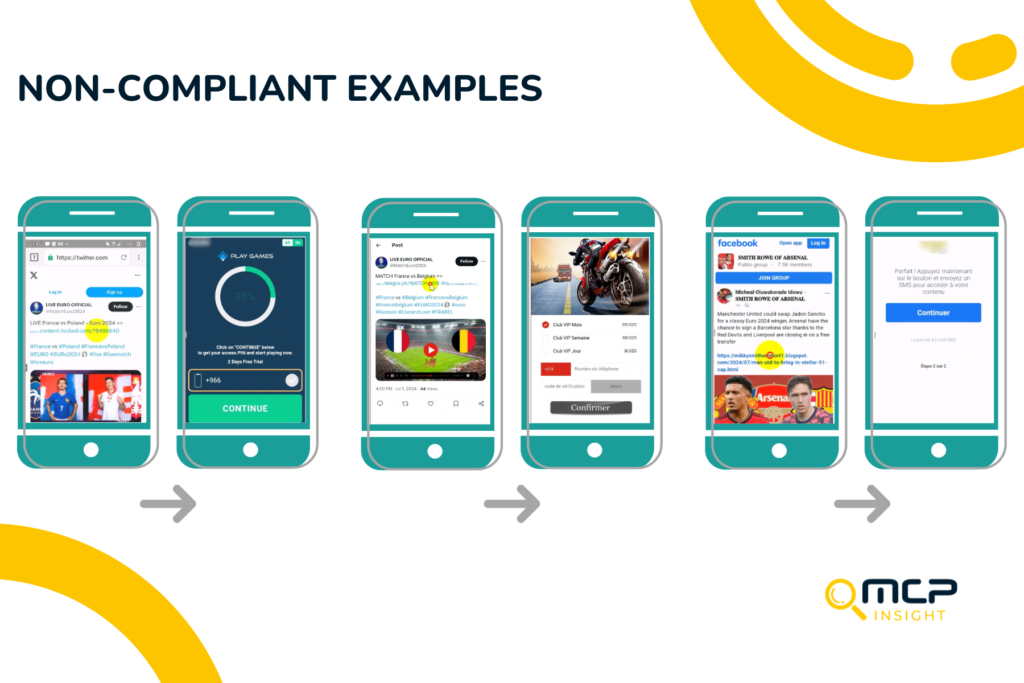
As you can see from the above examples, in many cases the landing page didn’t correlate with the original advert or contain any further content related to the Euros, therefore consumers would realise the advertising was misleading and likely didn’t subscribe. However, this deceptive practice still harms the mVAS/DCB value chain in several ways:
- Damaged Brand Reputation for MNOs: These misleading ads appear to originate from the MNO’s network, even if they’re not directly responsible. This can erode consumer trust and damage the MNO’s brand reputation.
- Damage to Premium Brands: Some unscrupulous advertising misleads consumers into thinking the ad is endorsed by a premium brand, like Man U in the example above.
- Increased Complaints, Unsubscribes and Refunds: Consumers who are tricked into subscribing to unwanted services will likely file complaints with the MNO, leading to a surge in customer service inquiries and potential refunds. Even without subscribing, consumers may be motivated to complain about the poor customer experience.
- Risk of Inappropriate Content for Children: Some non-compliant advertising flows related to the Euros ultimately ended on landing pages for adult content. This exposes children who might be using the platform to inappropriate material.
With the Paris Olympics starting this month, our Special Ops team is already monitoring the global VAS advertising space for activities capitalising on the interest in this event. Our goal is to ensure our clients and their customers aren’t adversely affected by deceptive practices and to uphold the integrity of mVAS/DCB flows.
If you’d like to see a report on a particular market impacted by these practices, please don’t hesitate to get in touch. We’re here to help MNOs navigate the complexities of the mVAS/DCB space and ensure a safe and transparent experience for their customers. Email info@mcpinsight.com to request a report.



